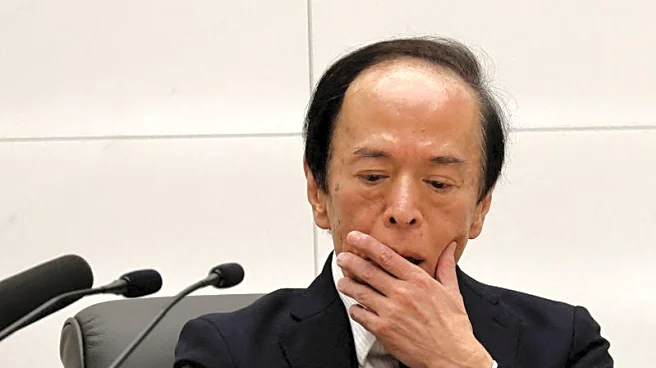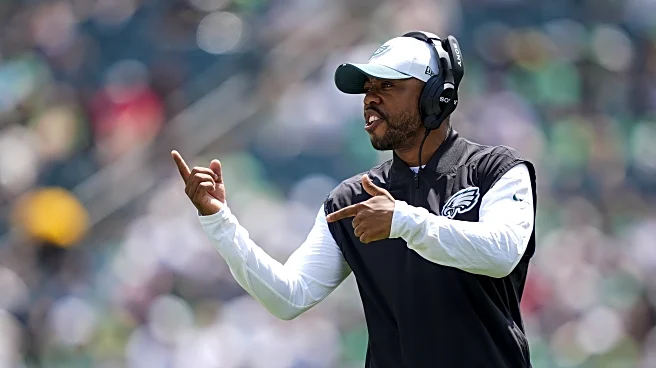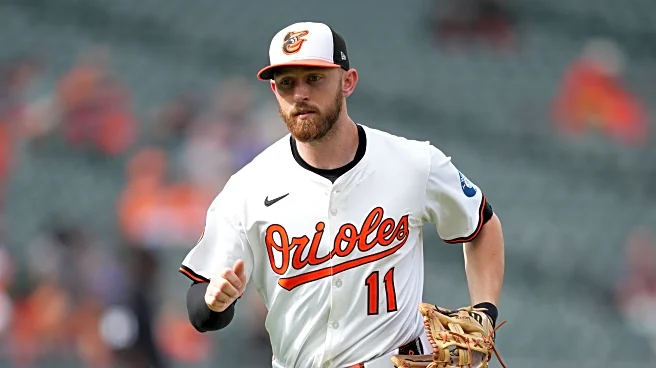By Leika Kihara
TOKYO (Reuters) -Bank of Japan Governor Kazuo Ueda will meet with key government ministers on Wednesday, including Finance Minister Satsuki Katayama, as markets speculate about central bank
policymaking under the new administration of Prime Minister Sanae Takaichi.
The gathering would follow Ueda's meeting with Takaichi on Tuesday, where the two discussed economic development, monetary policy and currency rate moves, according to the central bank chief.
Katayama will hold a press conference around 6:30 p.m. (0930 GMT) after the meeting, which will also involve Economic Revitalisation Minister Minoru Kiuchi, the Ministry of Finance said in a statement.
The last time the BOJ chief met with the finance and economic revitalisation ministers was in October last year, when they warned against excessive yen falls and agreed to carefully monitor market developments.
At that gathering, they also reaffirmed that the government and BOJ would work closely together to achieve the bank's 2% inflation target based on a joint agreement signed in 2013.
While the ministry did not disclose the topic of Wednesday's meeting, it would come at a time when the yen is being driven down on market expectations that Takaichi's administration will deliver a huge spending package backed by low interest rates.
The Kyodo news agency reported on Wednesday Japan's stimulus package could exceed 20 trillion yen ($129 billion) and be funded by an extra budget of around 17 trillion yen.
The yen slipped to a nine-month low against the dollar on Tuesday, before rebounding on Wednesday to hit 155.49.
The inauguration last month of Takaichi, who is known as an advocate of expansionary fiscal and monetary policy, has also complicated the BOJ's efforts to gradually push up still-low interest rates.
After exiting a massive stimulus last year, the BOJ raised interest rates twice including in January. While it has kept rates steady at 0.5% since then, Ueda has signalled the bank's readiness to raise rates again either in December or January.
Speaking to reporters after his meeting with Takaichi, Ueda said the premier did not make any request on monetary policy and appeared to acknowledge his argument that gradual rate hikes will help the economy achieve sustainable, long-term growth.
Ueda said he agreed to a proposal by Takaichi to make a technical tweak to the government-BOJ joint statement.
Under pressure from then-Prime Minister Shinzo Abe to take bolder steps to beat deflation, the BOJ in 2013 signed the joint statement with the government and committed itself to achieve its 2% inflation target "at the earliest date possible."
The statement also calls for the government and BOJ to make efforts to pull Japan out of deflation, language which has been retained despite the world's fourth-largest economy now seeing inflation exceed the central bank's 2% target for well over three years.
Some analysts have criticised the joint statement as outdated and giving politicians an excuse to keep ramping up spending.
($1 = 155.3400 yen)
(Reporting by Leika Kihara; Editing by Tom Hogue and Shri Navaratnam)









